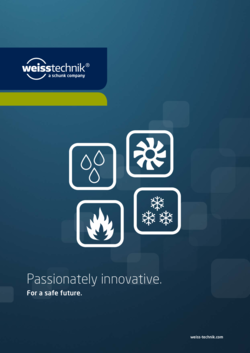
Weiss Technik
Passionately innovative.
Environmental Simulation
Our comprehensive range of environmental simulation solutions caters to the diverse needs of various sectors, from production and quality assurance to research and development. Whether replicating extreme temperatures or environmental stresses, our cutting-edge test chambers and testing facilities ensure the reliability and durability of products under real-world conditions.

Passionately innovative.
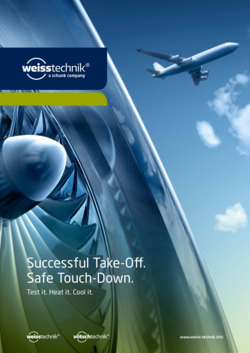
Industry brochure

Industry brochure
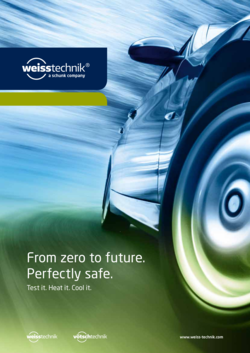
Industry brochure
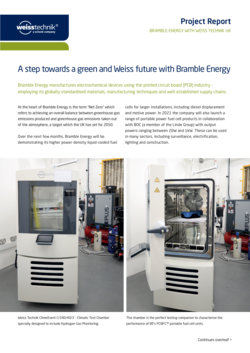
Case Study
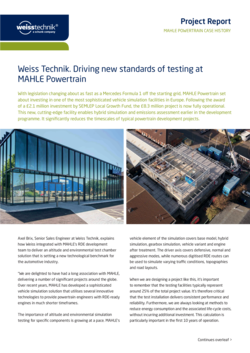
Case Study
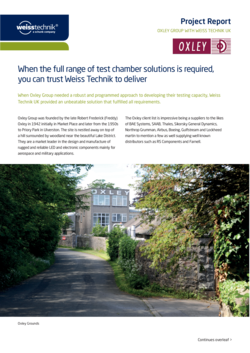
Case Study
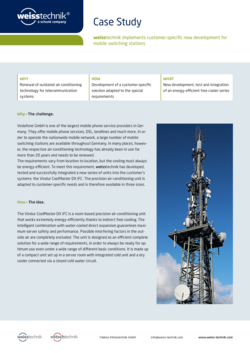
weisstechnik implements customer-specific new development for
mobile switching stations
Discover Flexible Testing Solutions
Weiss Technik offers flexible environmental testing solutions with both rental and lease options. Whether you need short-term access or long-term use, our tailored services ensure you get the right equipment to meet your specific testing needs.
Contact
Simply fill out the form now. We'll get back to you shortly and answer all your questions.